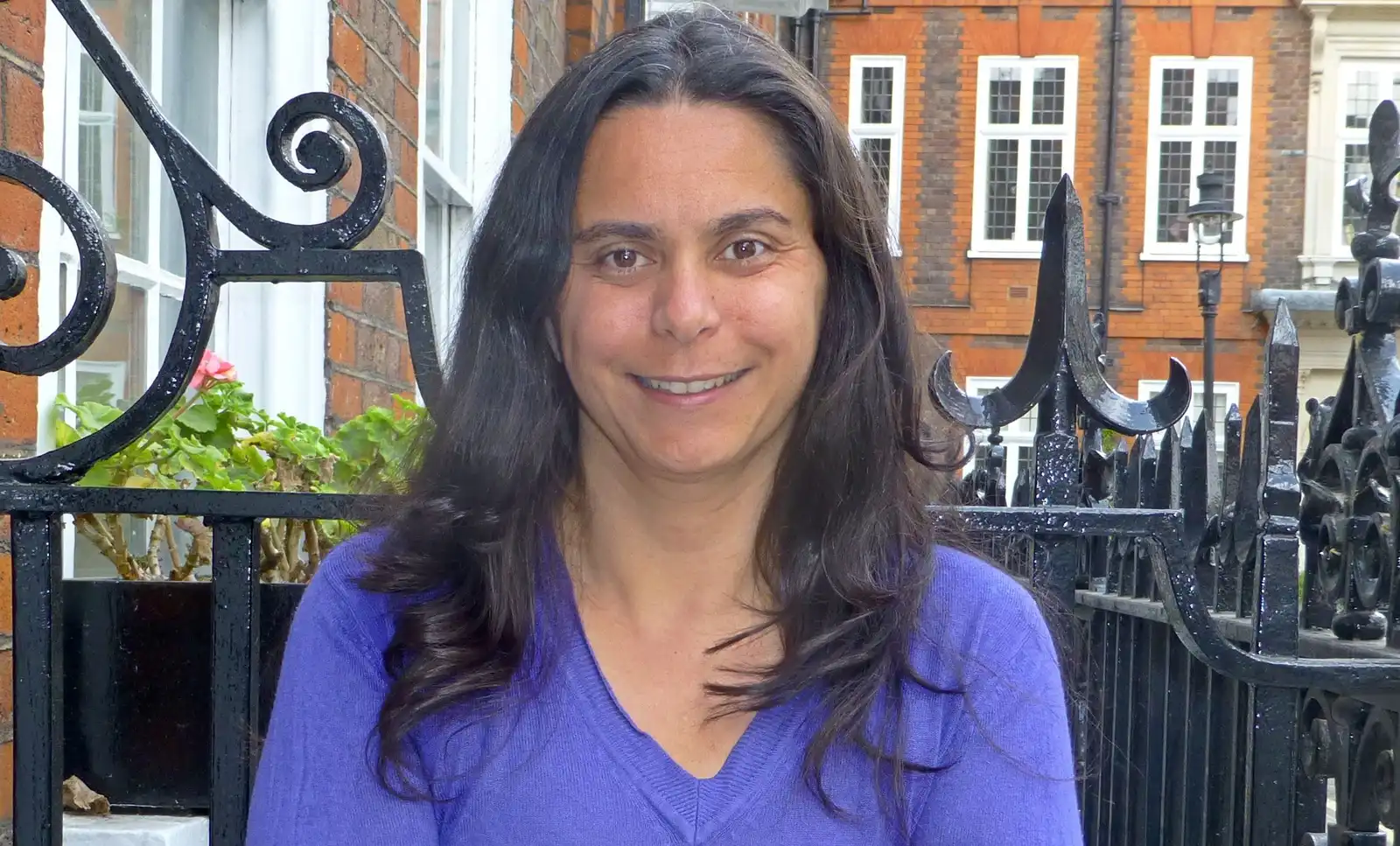Accueil>Unfairness in AI anti-corruption tools: main drivers and consequences
03.04.2024
Unfairness in AI anti-corruption tools: main drivers and consequences
À propos de cet événement
Le 03 avril 2024 de 12:30 à 14:00
Salle J211
13 rue de l'Université, 75007, Paris
Talk with Prof. Fernanda Odilla (University of Bologna)
This presentation aims to discuss the concept of fairness in predictive AI-based anti-corruption tools (AI-ACTs) by identifying possible risks at different levels – individual, institutional, and infrastructural –, their respective main sources and possible ways to mitigate it.
It does that using empirical evidence from cases of tools developed in Brazil to critically map challenges in three types of AI-ACTs: risk estimation of corrupt behaviour in public procurement, among civil servants, and of female straw candidacies in local electoral competition. The paper draws on 12 interviews with law enforcement officials directly involved in the development of anti-corruption technologies, as well as academic and grey literature, including official reports and dissertations on the tools used as examples.
Findings suggest that not only have AI-ACT developers not been reflecting on potential risks of unfairness when creating their tools, but the existing models are based on findings from past anti-corruption procedures and practices that may be reinforcing unfairness against individuals from historically disadvantaged groups in the case of risk-scoring tools for straw candidates and owners of supplier companies in public contacts, and for civil servants working in specific units with higher punishment records and affiliated to political parties. Although the tools under analysis do not make any automated decision making without human supervision, it is worth mentioning that their algorithms are not open to external auditing.
Fernanda Odilla holds a PhD in Social Science and Public Policy and a Masters in Criminology and Criminal Justice from King’s College London, a pre-masters in Crime and Public Safety from UFMG (Universidade Federal de Minas Gerais, Brazil), and a BA First Class Honours in Journalism from PUC Minas (Brazil). She is currently a research fellow for the Bit-Act (Bottom-Up Initiatives and Anti-Corruption Technologies) research project, supported by the European Research Council (ERC) and conducted at the Department of Political and Social Sciences at the University of Bologna.
Odilla is also one of the co-founders and research affiliate at King's Global (Anti)corruption Studies research group. Her research interests are control of corruption, accountability, and new technologies in the context of anti-corruption, integrity and quality of government. Prior to her academic career, she worked as a multimedia producer for the Brazilian desk at the BBC in London and as a reporter for daily newspapers in Brazil, where she had dedicated to investigating and exposing political corruption.
The conference takes place in Room J211 (Sciences Po, 13 rue de l'Université, 75007 Paris).
In person. Register here (additional materials will be sent via e-mail).
À propos de cet événement
Le 03 avril 2024 de 12:30 à 14:00
Salle J211
13 rue de l'Université, 75007, Paris